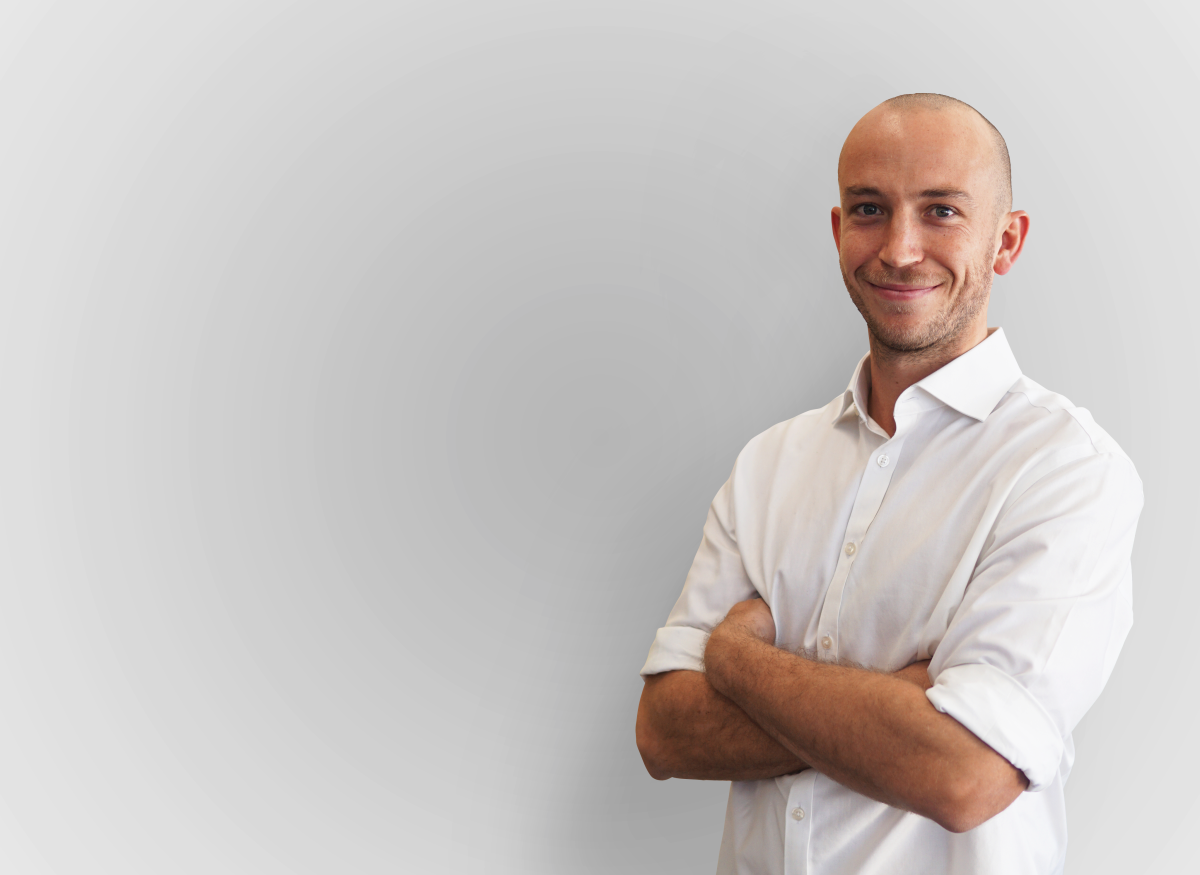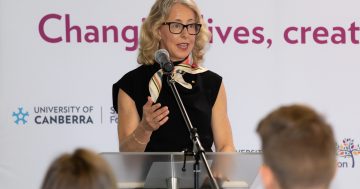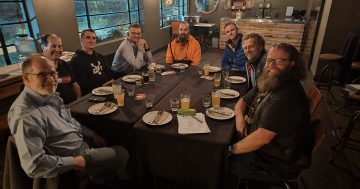
Foremind founder Joel Anderson: “Our mission is is to intervene early to prevent a point of crisis from happening.” Photo: Foremind.
Making mental health support affordable and accessible for businesses has become a life mission for Canberra entrepreneur Joel Anderson, one that’s driven by his own personal experience.
That ambition has now become more achievable after he was named the only Canberra recipient of a Snow Foundation fellowship through its Snow Entrepreneurs – fellowships for social change program.
Joel is one of nine visionary, social impact start-up leaders who will share in grants totalling $1.5 million and enjoy extensive support to build their budding businesses.
In addition to $100,000 to $200,000 each in philanthropic funding, the Snow Entrepreneurs receive comprehensive wrap-around support, including a three-day leadership recharge, mentoring and tailored advisory services through the global 12-week Antler Founders program, and peer cohort engagement and connections.
Joel, who has a construction and engineering background, founded Foremind two years ago to provide small to medium businesses with purpose-built online mental health support for their staff and to manage psychosocial hazard risks in the workplace, something they are now legally obliged to do.
That evolved out of designing a mental health platform for counsellors and the experience of the pandemic, which confirmed the power of technology to reach and connect people.
Joel’s new direction began after he literally stepped back from the brink of a balcony at 2 am one morning and decided to seek help, only to find the Employee Assistance Program at work wasn’t very effective.
“I ended up leaving that job and went and started this whole journey of trying to figure out how to make a platform that actually works for workers rather than just being a mental health tool that companies will just sit on the shelf and don’t really let anyone know what it is and don’t do any training,” Joel said.
Foremind aimed to meet the gap in services for smaller and blue-collar businesses that can’t afford, for example, to stop trading for two-day training courses, he said.
Joel said the grant will go towards tailoring more accessible, shorter training programs, hiring more staff and compiling a video library of personal transformation stories, including his own.
“So we kind of want to design like a really short course that’s two to four hours max that takes the best bits of different ones, and then combine them into a short training series, which will actually be impactful, that also encourages the breaking down of stigmas, and encourages people to create positive health-seeking behaviours,” he said.
Joel said the videos would be a really important component of the Foremind offering.
“It’s all about watching someone who’s been through a particularly hard mental challenge, and how seeking support has improved outcomes for them,” he said.
“So we’ve got three so far, but we’re aiming to get to about 50.”
Joel said happy, mentally well people made productive staff, something that was often overlooked in the drive for greater efficiency and productivity.
Foremind focused on people as a business’s most important asset, he said.
The passing earlier this year of psychosocial hazards legislation that mandated companies proactively manage mental risks within the workplace including bullying, sexual harassment and discrimination also made it crucial that businesses keep their house in order.
“If someone’s reported it internally to the organisation, they do nothing about it and if something really bad happens the directors are now liable because they knew something was wrong, and they didn’t actually put in any processes to change it,” Joel said.
He said many service providers had not done much differently in the past decade so Foremind would also start competing in their space with its innovative approach.
Joel said simply listing a counselling number was not enough, particularly for today’s young workforce, and any delay in seeking help could mean the difference between life and death.
Foremind sought to break down the glass wall, providing biographies and photos of counsellors on its platform so people could feel more comfortable seeking help.
“Our mission is to intervene early to prevent a point of crisis from happening,” Joel said.
Foremind now has customers across Australia in cities such as Townsville, Melbourne, Brisbane, Sydney, and of course Canberra.


















